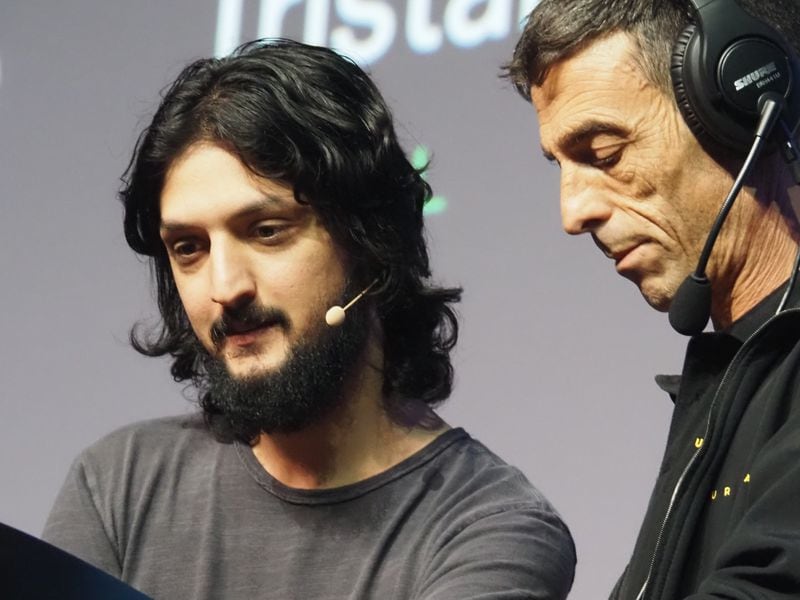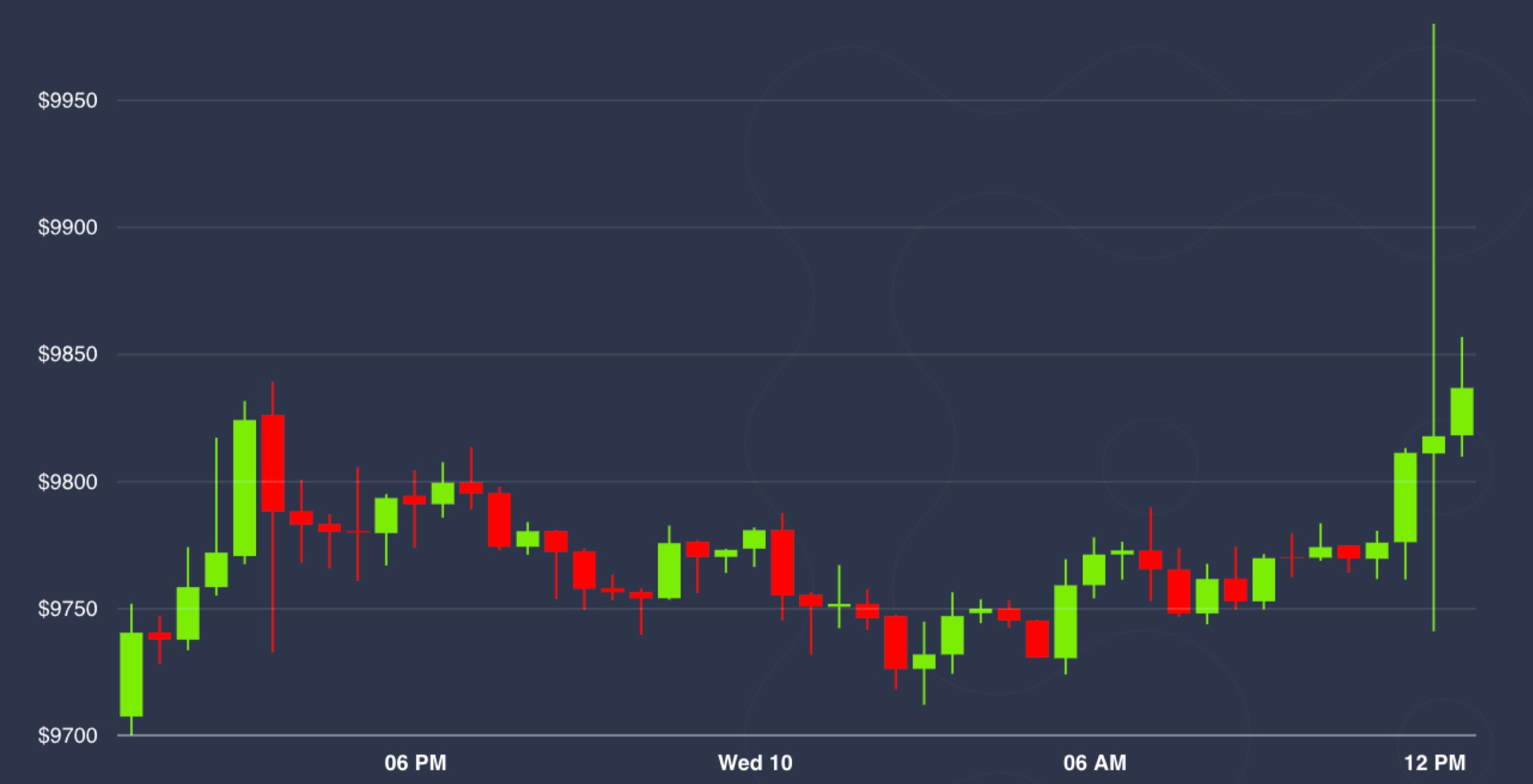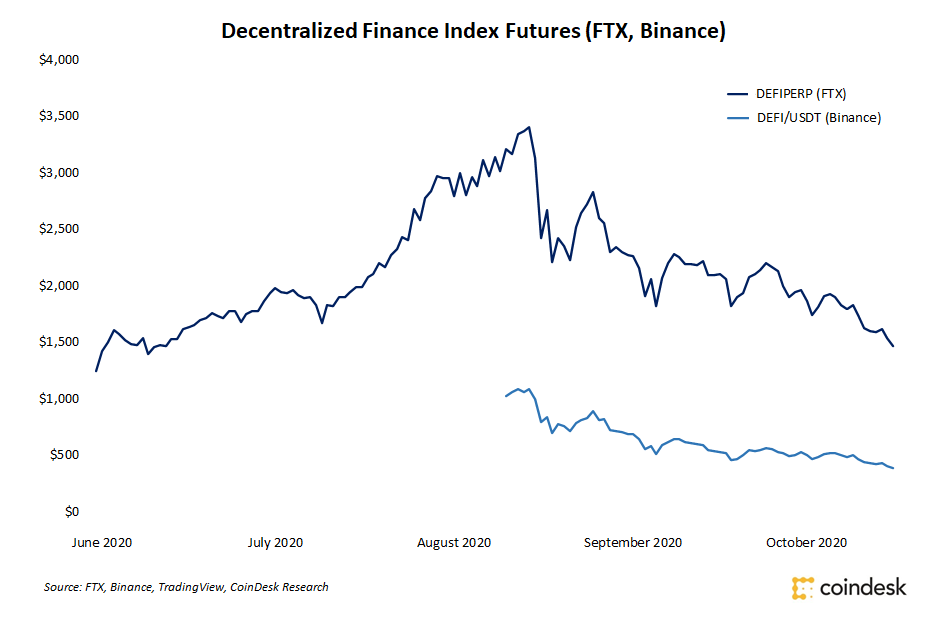VCs Show ‘Flight to Quality’ in Q2 Funding Report
Venture capitalists made fewer crypto deals last quarter, but enthusiasm for the sector remains high, according to a new quarterly report from PitchBook.
Overall, crypto fundraising rose 2.5% to $2.7 billion across 503 deals in Q1. Although the dollar amount was up, the number of deals fell 12.5%.

01:50
FTX, Alameda Ordered to Pay $12.7B to Creditors; Brazil’s SEC Approves Solana-Based ETF

00:47
U.S. Spot Bitcoin ETF Flows Drop in Q2: Kaiko

01:06
$572 Million Lost to Hacks and Fraud in Q2 -Immunefi

17:16
CoinFund President on Navigating the ‘Macro Noise’
“Investors are concentrating capital into a smaller range of opportunities,” Robert Le, PitchBook’s senior analyst for emerging technology, told CoinDesk in an interview. “There’s a flight to quality. A few years ago, their investments were more spread out across the space.”
Le said this increased focus continued a trend seen in the data for the past year.
The biggest deals in Q2 were for layer-1 platform Monad ($225.0 million Series A), layer-1 platform Berachain ($100.0 million Series B) and bitcoin restaking platform Babylon ($70.0 million early-stage round). Farcaster, the decentralized social network, brought in $150 million (Series A) and blockchain-based gaming platform Zentry raised $140 million in an early-stage round. The biggest volume of fundraising went to infrastructure, including scaling and financial services.
Le said he expected 2024’s overall fundraising to be up 20% or more on last year. He forecasts $12-$14 billion for the year, compared to about $10 billion last year.
Blockchain networks are likely to undergo a period of consolidation, though not in a way that’s common in other industries, where mergers & acquisitions lead to less organizations over time. There are currently more than 150 layer 1s and layer 2s operating, and it’s unlikely that all of these projects can be viable in the long-term. Le expects three to five blockchains to host most of the developer and user activity.
“There are way too many L1s and L2s. Solana, Bitcoin, Optimism, Arbitrum and Base: those are the winners,” he said.
Most of the projects will become “zombie chains” with few real users (as opposed to bot-driven transactions).
DePIN, or decentralized physical infrastructure, could be one of the standout sectors of this cycle, because of its appeal to non-native crypto users, according to the PitchBook analyst. “DePIN is going to be one of the strongest narratives, maybe the strongest,” he said. “There are so many narratives in previous cycles that were all about crypto native users. With DePIN, you see a lot of activity with non-native users.”
Edited by Bradley Keoun.
Disclosure
Please note that our
privacy policy,
terms of use,
cookies,
and
do not sell my personal information
has been updated
.
CoinDesk is an
award-winning
media outlet that covers the cryptocurrency industry. Its journalists abide by a
strict set of editorial policies.
In November 2023
, CoinDesk was acquired
by the Bullish group, owner of
Bullish,
a regulated, digital assets exchange. The Bullish group is majority-owned by
Block.one; both companies have
interests
in a variety of blockchain and digital asset businesses and significant holdings of digital assets, including bitcoin.
CoinDesk operates as an independent subsidiary with an editorial committee to protect journalistic independence. CoinDesk employees, including journalists, may receive options in the Bullish group as part of their compensation.
:format(jpg)/s3.amazonaws.com/arc-authors/coindesk/e82064d4-cc50-446d-baa9-58525961f4ad.PNG)
Ben Schiller is CoinDesk’s managing editor for features and opinion. Previously, he was editor-in-chief at BREAKER Magazine and a staff writer at Fast Company. He holds some ETH, BTC and LINK.
Follow @btschiller on Twitter








